1. Introduction:
In the digital age, social media platforms like Facebook have become an integral part of our lives. As the platform continues to grow and connect billions of users worldwide, ensuring their safety and security is of paramount importance. To achieve this, Facebook has harnessed the power of artificial intelligence (AI) to tackle various challenges and protect users from harmful content, privacy breaches, and cybersecurity threats. This article explores how AI is utilized to create a safer and more secure environment on Facebook.
2. How AI Enhances User Safety on Facebook
AI plays a crucial role in enhancing user safer on Facebook through various mechanisms and algorithms.
2.1 Content Moderation and Harmful Content Detection
Content moderation is a crucial aspect of creating a safer and more inclusive online community. Facebook utilizes AI algorithms to actively detect and remove harmful content, including hate speech, violence, and graphic imagery. These algorithms analyze posts, comments, and multimedia to identify violations of community standards, allowing for prompt and appropriate action to be taken.
2.2 Identifying and Preventing Fake Accounts and Spam
AI algorithms help Facebook identify and prevent the creation of fake accounts and the spread of spam. By analyzing patterns and user behavior, AI can distinguish between legitimate accounts and those created with malicious intent. This helps maintain the integrity of the platform and protects users from potential scams and fraudulent activities.
2.3 Protecting Against Cybersecurity Threats
With the increasing prevalence of cybersecurity threats, AI plays a vital role in safeguarding user data on Facebook. AI-powered systems continuously monitor and analyze user activity to identify suspicious behavior and potential security breaches. By leveraging AI’s capabilities, Facebook can proactively detect and prevent unauthorized access, phishing attempts, and other cybersecurity risks.
2.4 Enhancing Privacy Controls and Data Security
Privacy is a fundamental concern for Facebook users, and AI is employed to enhance privacy controls and data security. AI algorithms analyze user preferences, settings, and activity to provide personalized recommendations while respecting privacy preferences. Additionally, AI aids in identifying and addressing potential vulnerabilities in data storage and access, ensuring that user information is protected.
3. Leveraging AI for Targeted Advertisement without Compromising User Privacy
One of the key features of Facebook is its targeted advertising system, which relies on AI algorithms to deliver relevant ads to users. While personalization is essential for an engaging user experience, Facebook recognizes the importance of protecting user privacy. AI algorithms analyze user data in an anonymized and aggregated manner, ensuring that individual privacy is maintained while providing advertisers with valuable insights for effective targeting.
4. AI’s Contribution to Combating Hate Speech and Online Abuse
Hate speech and online abuse are pervasive issues on social media platforms, including Facebook. AI plays a crucial role in combating these challenges by proactively identifying and removing hate speech content, abusive behavior, and harassment. Through natural language processing and machine learning, AI algorithms can detect and flag potentially harmful content, enabling swift action by human moderators.
5. Ensuring Fairness and Mitigating Bias in AI Algorithms
As AI algorithms become increasingly influential, ensuring fairness and mitigating bias is a top priority for Facebook. Biases in algorithms can perpetuate discrimination and unequal treatment. Facebook invests in ongoing research and development to address biases and enhance algorithmic fairness. This includes diversifying training data, refining algorithms, and providing mechanisms for user feedback and reporting potential biases.
6. The Ethical Challenges of AI Implementation on Facebook
While AI brings numerous benefits, its implementation on Facebook also presents ethical challenges that need to be addressed.
6.1 Balancing Free Speech and Content Regulation
Facebook faces the delicate task of balancing free speech with the need for content regulation. AI systems assist in content moderation, but there is an ongoing challenge to find the right balance to allow for diverse opinions while preventing the spread of harmful content. Facebook continually refines its AI algorithms to better understand nuanced content, context, and cultural sensitivities to ensure fair and responsible content regulation.
6.2 Addressing User Privacy Concerns
Privacy concerns are paramount in the digital age, and Facebook acknowledges the need to address them. AI plays a crucial role in enhancing user privacy through robust data protection measures, including encryption, access controls, and anonymization. Facebook also provides users with transparent privacy settings, allowing them to control their data and make informed decisions about their privacy preferences.
6.3 Promoting Transparency and Accountability
Transparency and accountability are essential pillars of responsible AI implementation. Facebook commits to transparency regarding its AI practices, including providing information on how AI systems function, the data they utilize, and their impact on users. Regular audits, collaborations with external experts, and user feedback mechanisms help ensure accountability and foster trust with users.
7. Frequently Asked Questions (FAQs)
7.1 How does Facebook use AI for content moderation?
Facebook employs AI algorithms to proactively detect and remove harmful content, such as hate speech and violence, by analyzing posts, comments, and multimedia for violations of community standards.
7.2 How does AI contribute to user privacy on Facebook?
AI algorithms enhance user privacy on Facebook by enabling robust data protection measures, including encryption, access controls, and anonymization. AI also helps in providing transparent privacy settings and empowering users to control their data.
7.3 How does Facebook combat hate speech using AI?
Facebook utilizes AI algorithms to detect and remove hate speech and abusive content. Through natural language processing and machine learning, AI can identify and flag potentially harmful content, enabling human moderators to take appropriate action.
7.4 What measures does Facebook take to address algorithmic bias?
Facebook actively works to address algorithmic bias by diversifying training datasets, refining algorithms, and providing mechanisms for user feedback to identify and report potential biases. The company is committed to enhancing algorithmic fairness and mitigating biases.
7.5 How does Facebook ensure transparency and accountability in AI use?
Facebook promotes transparency by providing information on its AI practices, collaborating with external experts, and engaging in regular audits. This approach fosters trust with users and ensures accountability in AI implementation.
8. Conclusion:
AI has revolutionized how Facebook ensures user safer and security. From content moderation to privacy controls, AI algorithms have become indispensable tools in creating a safer online environment. Facebook continues to invest in AI research and development, aiming to enhance algorithmic fairness, address ethical challenges, and maintain user trust. As technology advances, the future holds promising prospects for harnessing AI to make Facebook an even safer and more secure platform for its global community.

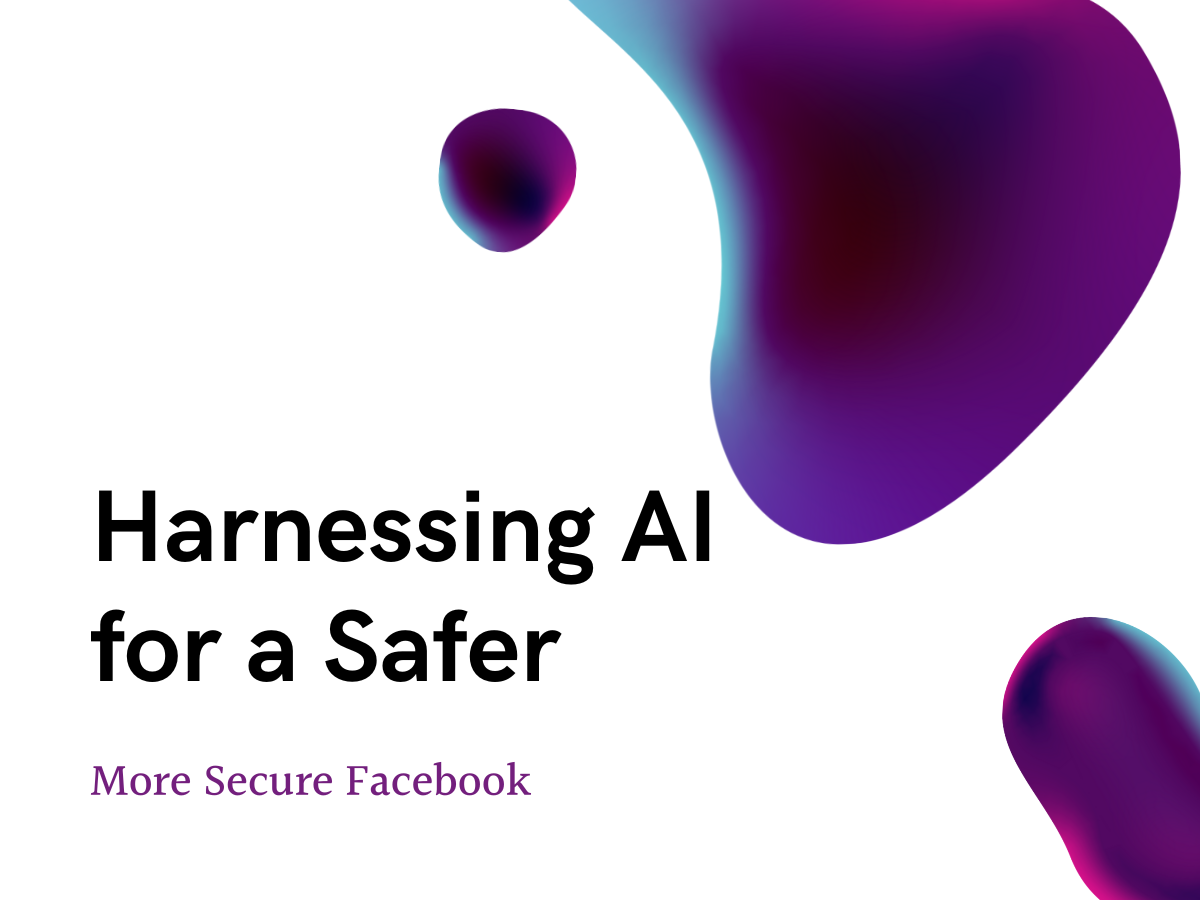
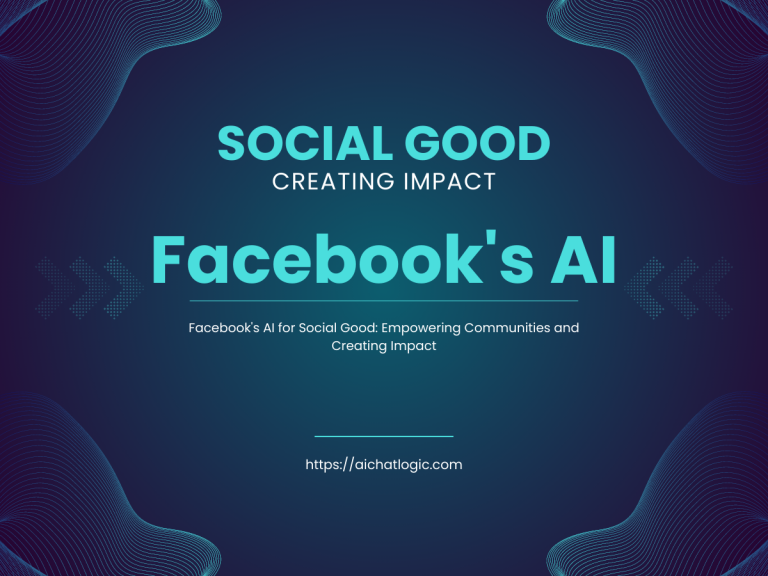
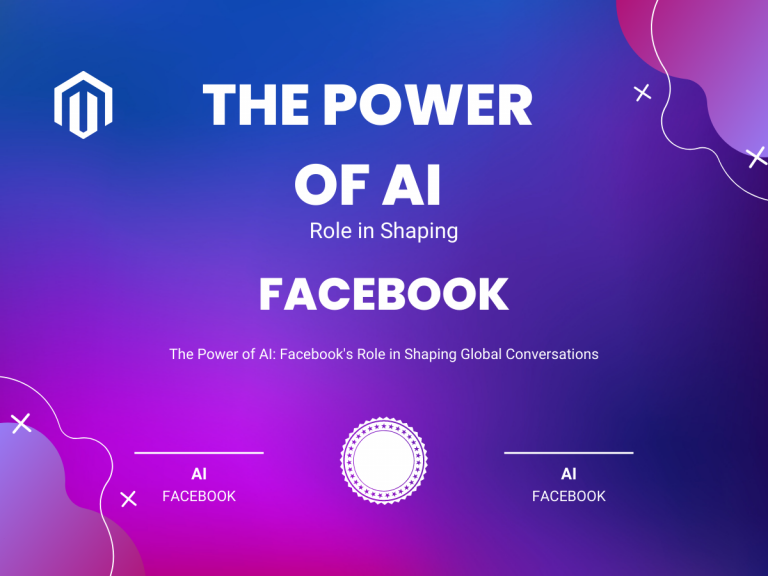
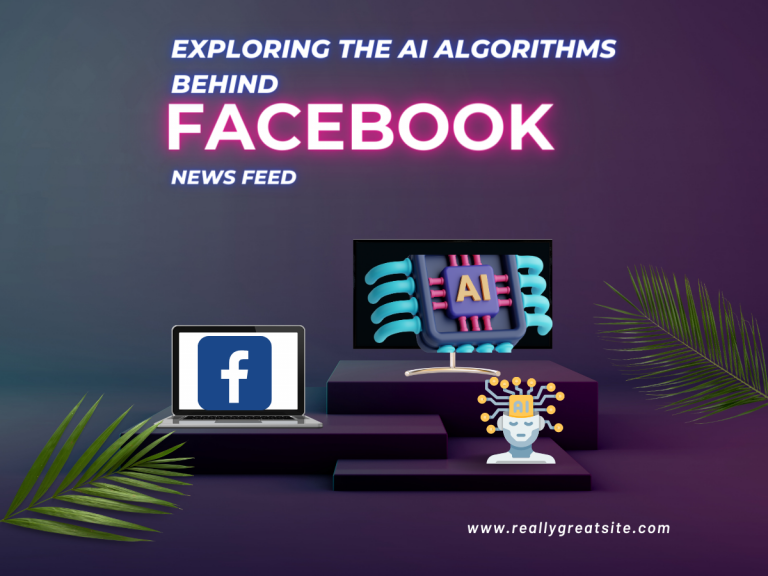



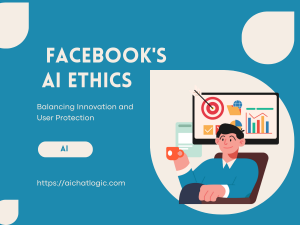
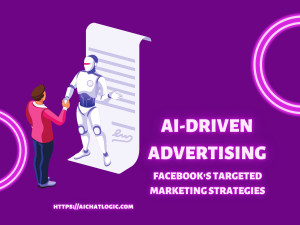



+ There are no comments
Add yours